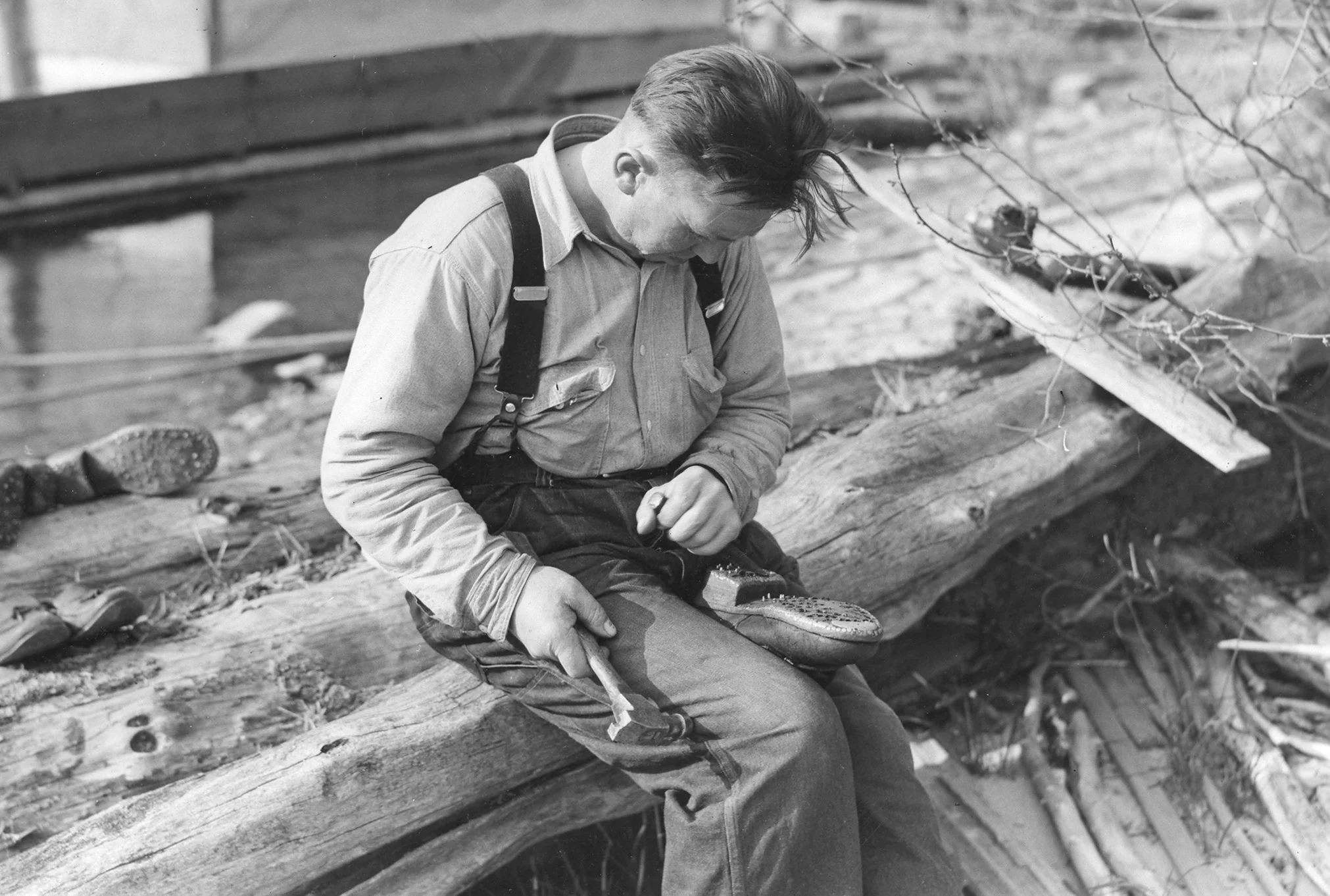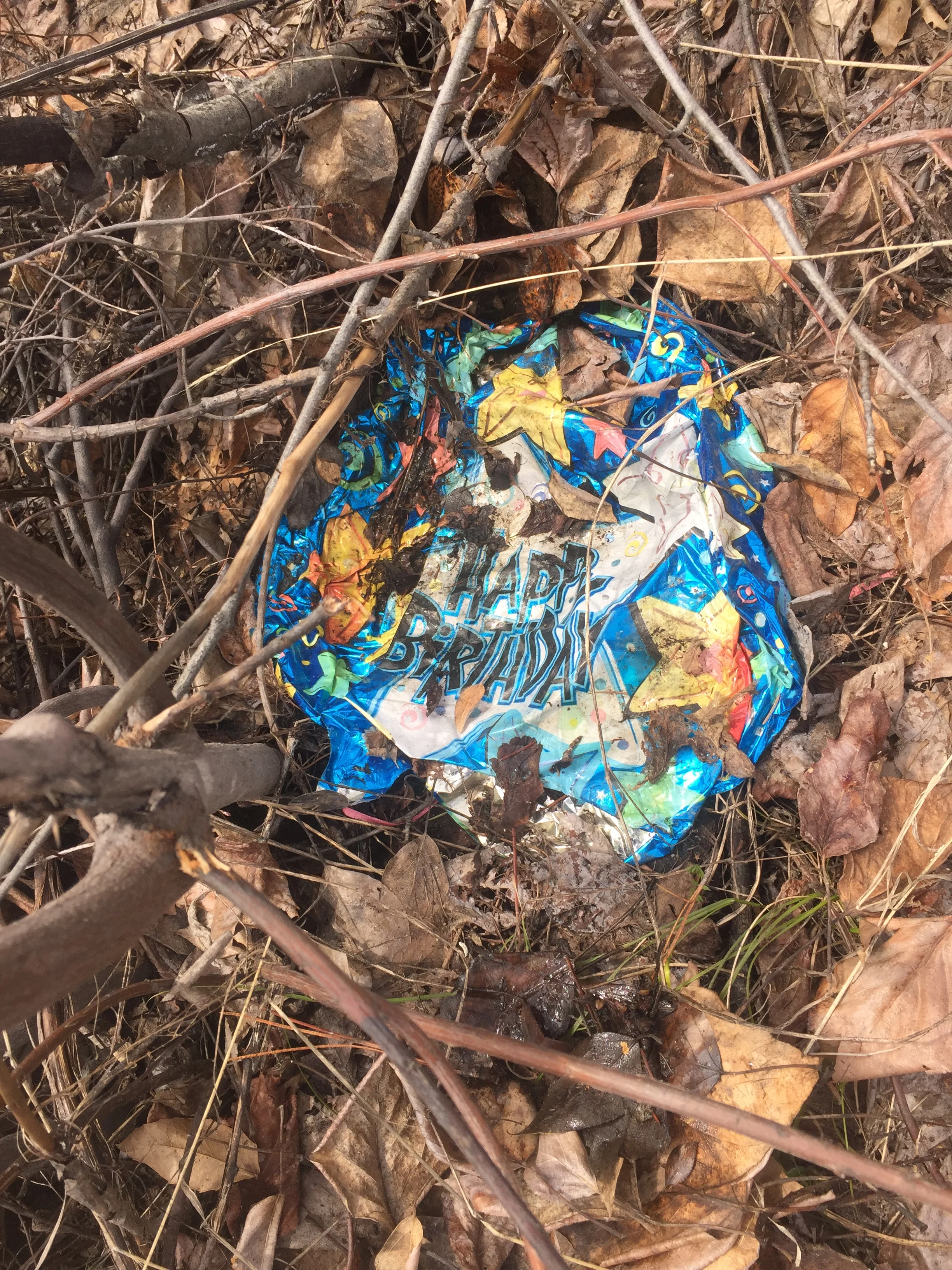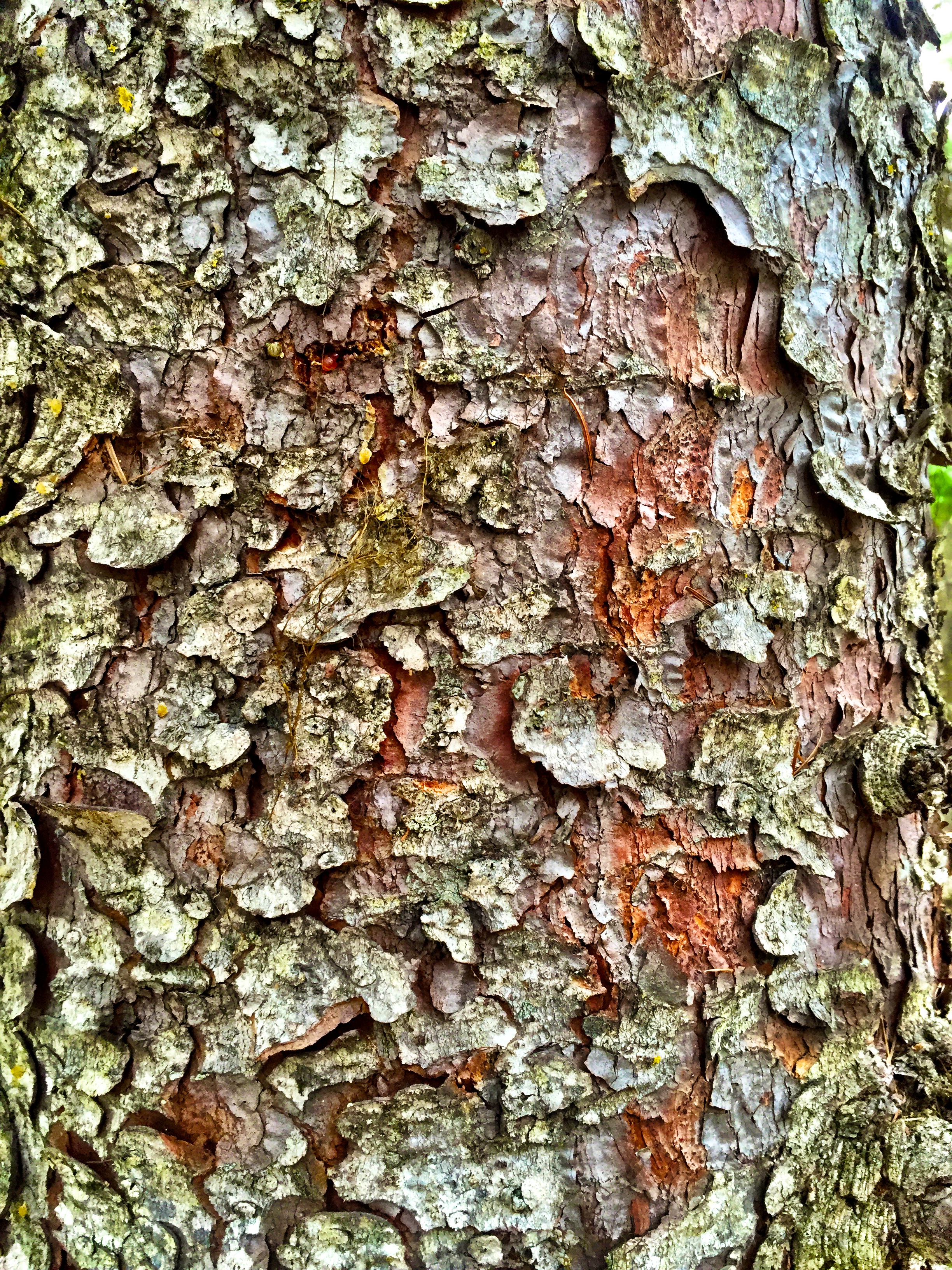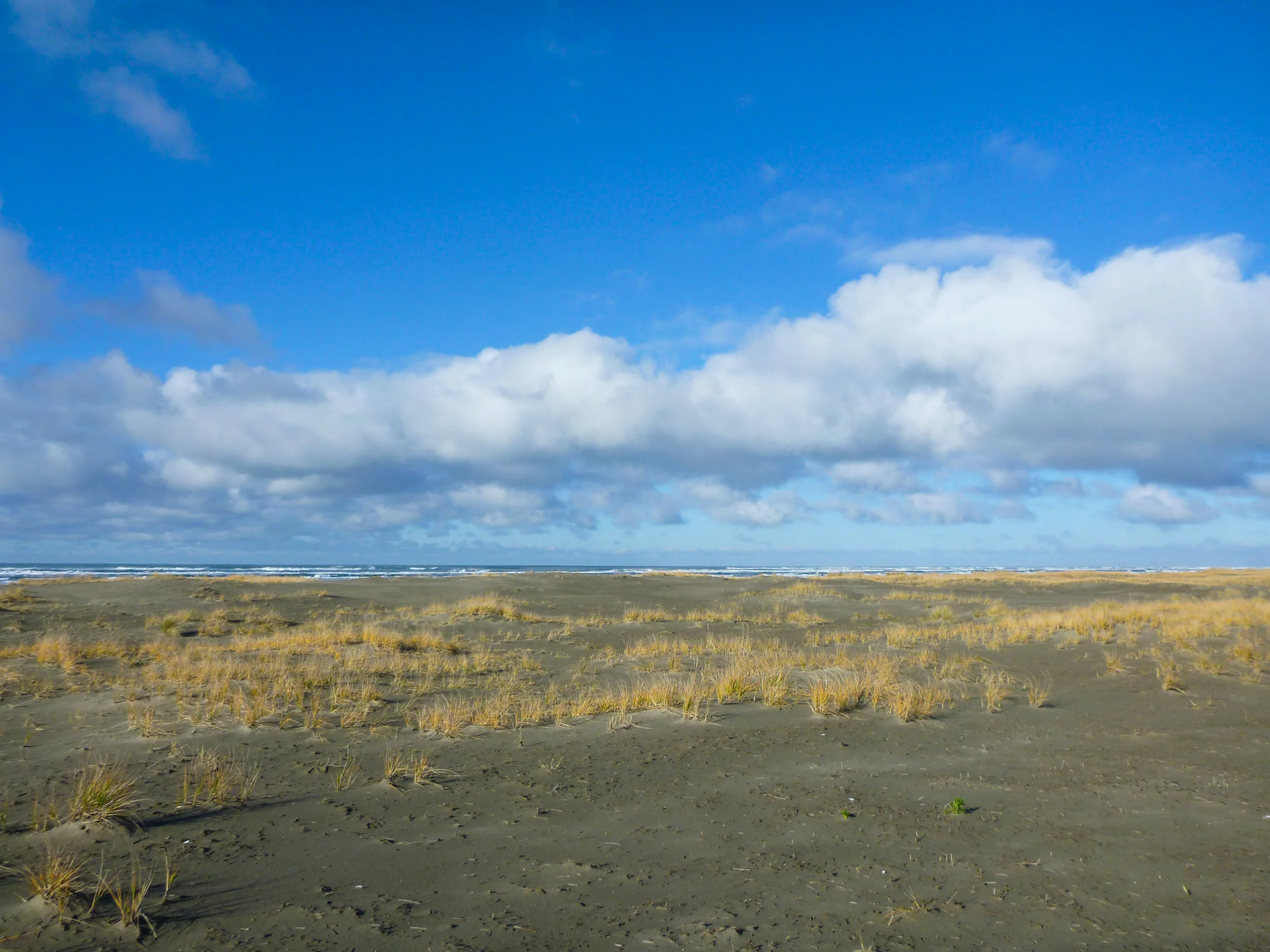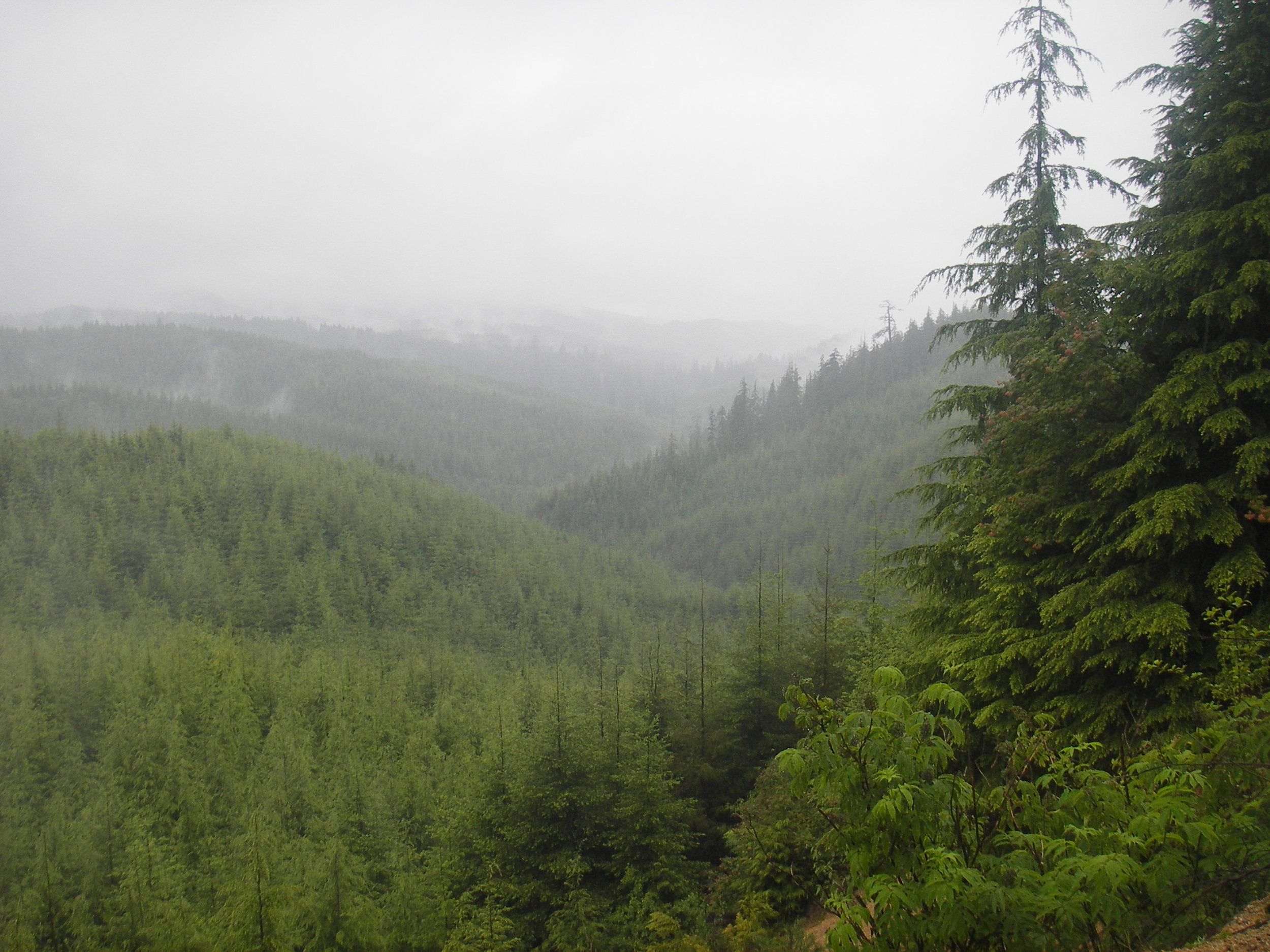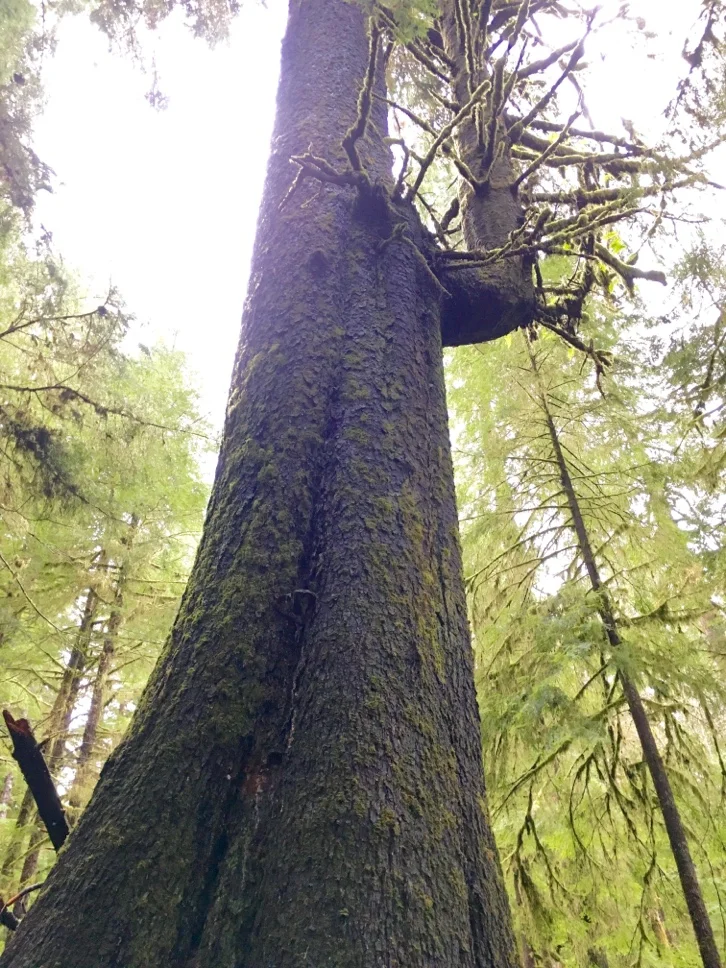By David Ryan, forester and project manager
Anyone who has visited a working forest like our Ellsworth Creek Preserve has likely seen field staff shod with a peculiar piece of footwear called caulks, which are oddly pronounced "cork."
These spike-soled boots are an important, and in some cases legally required, piece of a woods worker's personal protective equipment that have been in use for many years. Iterations of the design date back to the Roman empire — legionnaires wore caligae, a hob-nailed sandal.
But the real question is: How should I spell it? And how should I pronounce it? There are three commonly accepted spellings for this storied pair of shoes: cork, caulk and calk. Although all of these spellings are used, the most common that I've seen is caulk, as in this photo and caption from foresthistory.org.
But is that the correct way? According to Merriam-Webster the various definitions and etymology are as follows:
Cork-
1: the elastic tough outer tissue of the cork oak that is used especially for stoppers and insulation.
2: a usually cork stopper for a bottle or jug
3: a fishing float
Etymology- Middle English, cork, bark, probably from Middle Dutch *kurk or Middle Low German korck, from Old Spanish alcorque, ultimately from dialect Arabic qurq, from Latin quercus oak. First Known Use: 14th century
Note: The Online Etymology Dictionary states that cork is also a verb meaning "to put a cork sole on a shoe," from cork (n.). Meaning "to stop with a cork" is from 1640s. Related: Corked; corking
Caulk- to stop up and make tight against leakage (as a boat or its seams, the cracks in a window frame, or the joints of a pipe)
Etymology- Middle English caulken, from Anglo-French cauker, calcher, chalcher to trample, from Latin calcare, from calc-, calx heel. First Known Use: 15th century
Calk- a cleat on the shoe of a horse to prevent slipping; also: a similar device worn on the sole of a shoe.
Etymology- probably alteration of calkin, from Middle English kakun, from Middle Dutch or Middle French dialect; Middle Dutch calcoen horse's hoof, from Middle French dialect (Walloon) calcain heel, from Latin calcaneum, from calc-, calx heel. First Known Use: 1587.
Based on the varying definitions and etymologies, any of the spellings has a legitimate case. "Caulk" and "calk" both have the same Latin origins from the word for heel, they just developed into different meanings over time. "Cork" doesn't have the same linguistic history, but its connection to shoemaking gives that spelling validity.
However, based on my research, I believe the "calk" spelling has the strongest claim and I am now changing the way I spell the name of these boots (which comes up more than you might think). As for pronunciation, I only ever heard one salty, old-dog forester ever pronounce them the way it is spelled (and he has my undying respect), so I will likely continue to use the illogical "cork" pronunciation. Ultimately, it doesn't matter how I spell 'em or say 'em as long as I wear 'em.

